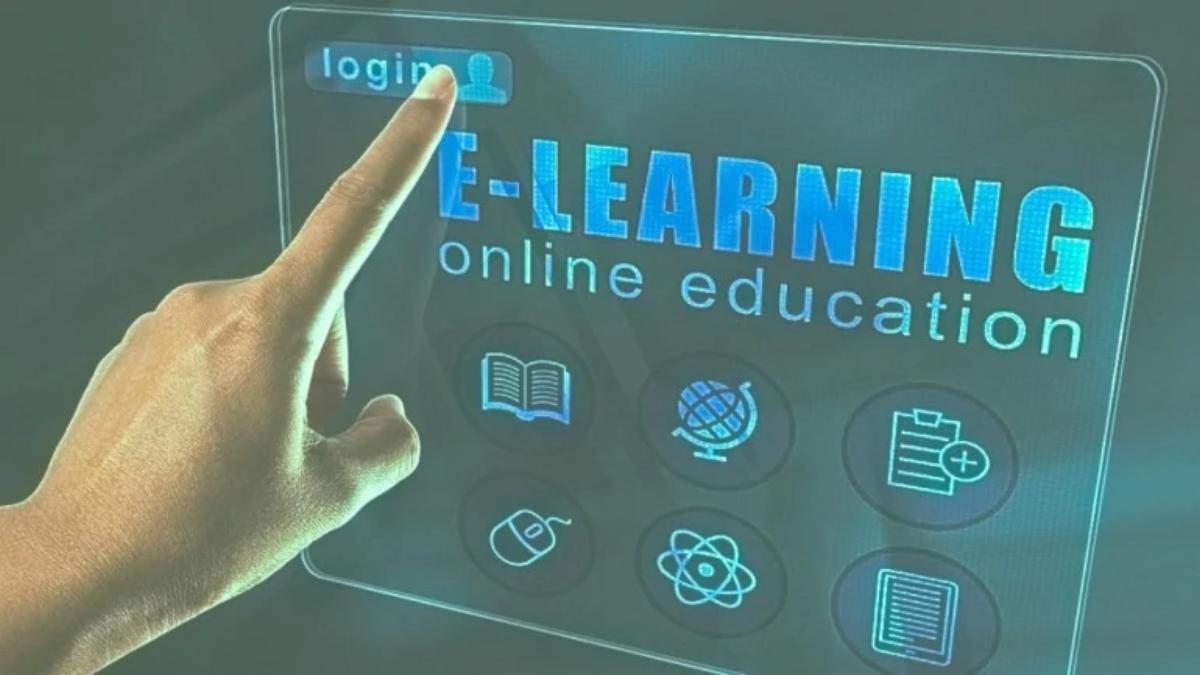Online education is bound to widen the digital divide in society.
School students, especially those who study in government institutions, are one of the worst hit sections of our society by Covid-19. The lockdown triggered by pandemic has not just left school education haywire, but also made it costly and out of reach of children from poorer families. The kids who study in government schools are likely to suffer in many ways due to the emerging situation.
Already, schools have lost about five weeks (as normal academic year starts in June first week) by now and still there is no hint of reopening of the institutions anytime soon, going by the surge in virus spread. Meanwhile, many state governments have introduced online classes from 1 to 10 standards from 12 June for both public and private schools. Telangana is one of them. Though this is a well-intentioned move, online education, if we observe the ground reality, is bound to widen the digital divide in society. Poor and middle-class parents already hit by income loss have been forced to cough up extra money on their kids’ smartphones, tabs, laptops etc; on the other hand, kids from these families are unable to catch up with the online classes. As per an interesting survey carried out by the Telangana State United Teachers’ Federation (TSUTF), around 70% school students have said that they cannot comprehend lessons online, while 40% families don’t have either smart phones or tabs. Only 22% families have extra smartphones to be spared for their child.
The survey conducted between 22 to 27June in a fortnight after online classes began found that an overwhelming majority—93.40%—of parents seek schools reopening, while only 6.60% of them preferred online education, in view of the pandemic. Not surprisingly, most parents of government school going kids—either semi or illiterate—are not aware that teaching is possible through smart phones.
This teachers’ organisation has covered in its survey 30,458 government school students and 8,201 private school students from 1,868 villages in 33 districts. As many as 1,729 teachers participated in the survey. As many as 8,911 families have no smartphone, while 11,003 families have only one smart phone, 1,665 have two smartphones and only 923 families have more than two smartphones. Only1,495 families said that they have a good internet connection, while 7,978 families don’t have any internet facility at all. As many as 4,118 families have net facilities, but not reliable for online classes. Around 15,400 schools have no internet, while only 5,355 schools have such facilities, and the status is unknown in 1,778 government schools.
The situation is better when it comes to TV. As many as 19,172 families of kids who go to government schools have TV, but only 3,330 of this category don’t have it. But, most schools that depend on applications like Zoom are not utilising TV for digital education. This smartphone-based online classes are not in the reach of many government school going students.
The situation is no different in private schools where slightly affordable middle-class parents sent their wards. Almost all private schools have started online classes from June first week as they commenced fee collections too. Still, as many as 3,701 students who go to private schools feel that online classes are useful,1,200 said they are partially useful, while 232 students replied they are useless.
A major reason for poor efficacy of online classes is lack of concentration power of students in lower classes and not so great technical quality of apps that connect teachers and students—either audio or video are of poor quality with frequent interruptions in internet connectivity. Many students, in fact, parents too, are still to believe that smartphones can also be tools of education. T-SAT (Telangana Skills, Academic and Training) Network CEO R, Shailesh Reddy agreed that phone-based education for children may be less efficient, compared to TV-based satellite classes held by his organization. T-SAT, a government sponsored satellite education project, also promotes an app for students. “TV penetration is better than that of smartphones in poorer sections,” said Shailesh Reddy. Though there is demand for TV time from all family members so that it can’t be spared for kid’s education, it is better suited to teaching as most lessons are aired during daytime. “TV can be used for entertainment by all in the evening hours, while setting it aside for children’s education in daytime,” Shailesh Reddy felt. Compared to smartphones, most families have at least a TV set, he pointed out. Many parents who send their children to private schools complain that the managements were charging 40 to 60% extras fees in the name of app-based online classes. The Telangana High Court is currently hearing a PIL on the exorbitant fees collected by corporate schools for online education. The sad part is that the school education department of the government doesn’t yet have a policy on this.

